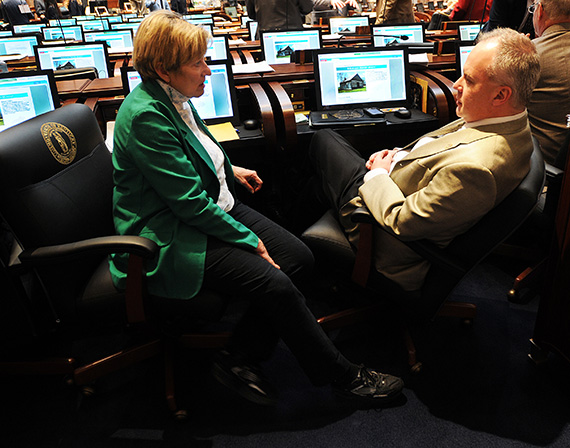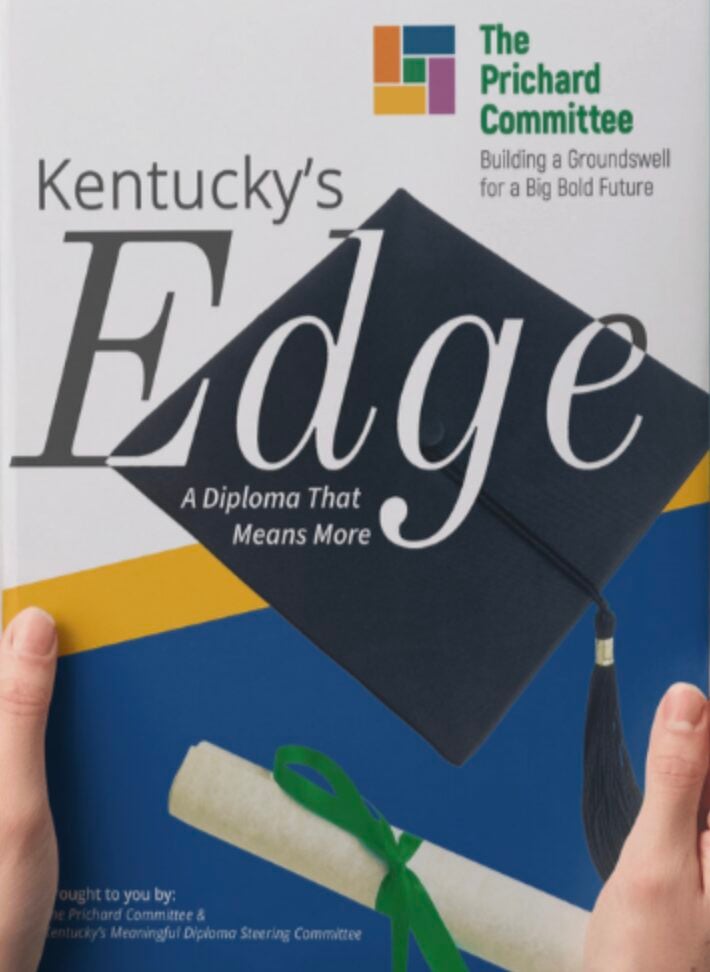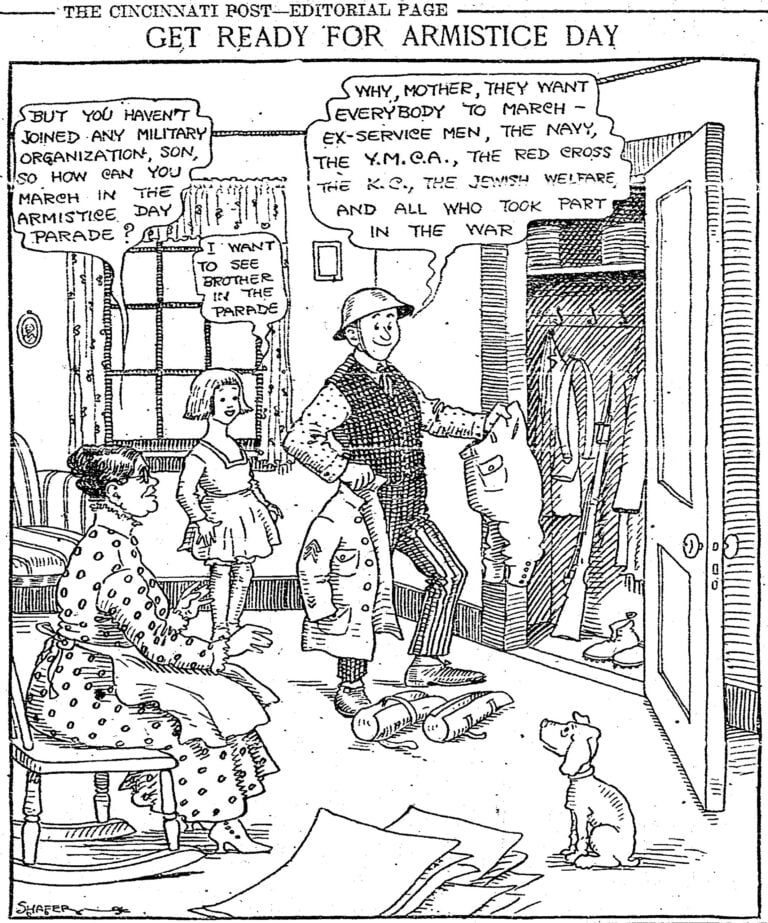A bill that would define what a drone is and what unlawful use of a drone means passed the House Thursday by a vote of 87-3.
House Bill 120, sponsored by Rep. Linda Belcher, D-Shepherdsville, would define a drone as an unmanned aircraft that must be registered with and identified by the Federal Aviation Administration. Unlawful use of a drone would include using a drone to harass someone or for acts of voyeurism, forcible entry, theft or burglary. All offenses would be misdemeanor crimes except harassing conduct, which would be a violation carrying a fine.
The bill would not restrict the use of a drone by law enforcement as part of a criminal investigation, or for “any lawful commercial or personal use,” it states.

A proposed amendment to HB 120 sponsored by Rep. Diane St. Onge, R-Lakeside Park, who had sponsored her own drone legislation earlier in the session, would have removed most of the text in Belcher’s bill and replaced it with provisions that St. Onge said would cover “a wider range for what drones can be used for.” The amendment, narrowly defeated by a vote of 43-44, would have spelled out how drones could be used, and by who, including use of drones by law enforcement.
One provision in the proposed amendment that led to some debate would have prohibited law enforcement from using drones to conduct a search unless officers have a search warrant or “exigent circumstances exist.” Exigent circumstances allow for search and seizure without a search warrant if there is probable cause that a serious crime has been, or will be, committed and there is not enough time to obtain a warrant.
House Majority Whip Johnny Bell, D-Glasgow, questioned why the amendment addresses exigent circumstances for use of drones without a search warrant when use of drones without a warrant under those circumstances is already allowed. “If there is exigent circumstances there is never a need for a warrant,” said Bell.
St. Onge said exigent circumstances are addressed in current law but that several questions raised about drone use in recent years required clarity in HB 120.
Belcher said she filed HB 120 after a drone was shot down by a man living her hometown. She said HB 120 addresses the use of drones without attempting to limit their use by law enforcement or regulate their use in the private sector “because drones are an evolving technology.”
Senate approves improved survivor benefits for firefighters’ families
Surviving family members of cancer-stricken firefighters are a step closer to qualifying for government-paid survivor benefits after the state Senate approved Senate Bill 195 by a 37-0 vote. It wouldn’t matter if the firefighter was a professional or volunteer.
“Exposure to dangerous carcinogens is a continuous health hazard to these brave men and women who protect our local communities and cities,” said Sen. Albert Robinson, R-London.
SB 195 is sponsored by Robinson and Sen. Christian McDaniel, R-Taylor Mill.
Under the legislation, the firefighter would have to be 65 years old or younger at the time of their passing and had been on the job for at least five consecutive years. Their cancer could not be attributable to a preexisting condition or tobacco – they cannot have used tobacco in the 10 years preceding diagnosis.
The death benefit would also be $80,000 and be paid out of the state’s general fund. Estimates have been made of one to four deaths per year that might be determined to be attributed to the conditions addressed in SB 195.
Similar legislation has been introduced for the last five years, and Sen. Morgan McGarvey, D-Louisville, introduced Senate Bill 138 earlier in this session that would do the same thing as SB 195.
“It should not go unnoticed that the bill did not get in this form without a lot of hard work” by McGarvey, said Senate Minority Floor Leader Ray S. Jones II, D-Pikeville.
Senate approves bill to give stronger bite to state’s dog-fighting ban
The state Senate passed a measure by a 36-0 vote that would amend Kentucky’ dog-fighting ban to also make it illegal to promote the practice.
Senate Bill 14 would make the owning, possessing, breeding, training, selling or transferring of dogs intended for use in fighting a felony punishable by one year to five years in prison. In legal parlance, it makes it the “furtherance” of the act of dog fighting illegal in Kentucky.
State Sen. Paul Hornback, R-Shelbyville, said he introduced the legislation because Kentucky is the only state without a similar provision in their animal cruelty laws.
“I started back in June or July … trying to come with some way to make sure Kentucky was not looked at in a negative manner on this particular issue because we had been for quite some time,” said Hornback, who is also a farmer.
He said SB 14 distinguishes farmers who use animals to protect their livestock from people who fight dogs for a sport. Hornback said he has donkeys that guard his livestock against coyotes. He added that he use to have emus that did the same job.
Nominations being accepted for Vic Hellard Jr. Awards
The Kentucky Legislative Research Commission (LRC) is accepting nominations for the 2015 and 2016 Vic Hellard Jr. Awards.
While both awards will shine a light on legislative staff members who have exemplified high standards in service to the Kentucky General Assembly, the 2015 award will be presented to a current member of the LRC staff while the 2016 award will go to a past LRC employee. In future years, the award will alternate between those two classifications
The Hellard award was created in memory and recognition of longtime LRC Director Vic Hellard Jr., who was a champion of legislative independence and played an instrumental role in the modernization of the legislative institution and nonpartisan staffing.
Serving nearly two decades at the helm of LRC, Vic was known not just for his contributions to an independent General Assembly, but also for his wit, appreciation of history, and his mentoring of hundreds of young people who now serve the people of the Commonwealth and carry on his legacy.
In 2015, the LRC changed the eligibility criteria for the Hellard Award to specifically honor nonpartisan legislative staff members, past and present.
“We are very pleased to assume responsibility for administering this prestigious award,” said David A. Byerman, Director of the Legislative Research Commission. “I can think of no greater way to honor Vic Hellard’s legacy than by designating this award to recognize current and former LRC employees.”
A nomination should be made via a letter of no more than three pages and must be submitted to the Office of the Director of the LRC by the close of business on Monday, March 14. Nominations can also be sent to HellardAward@lrc.ky.gov.
From LRC Public Information





















